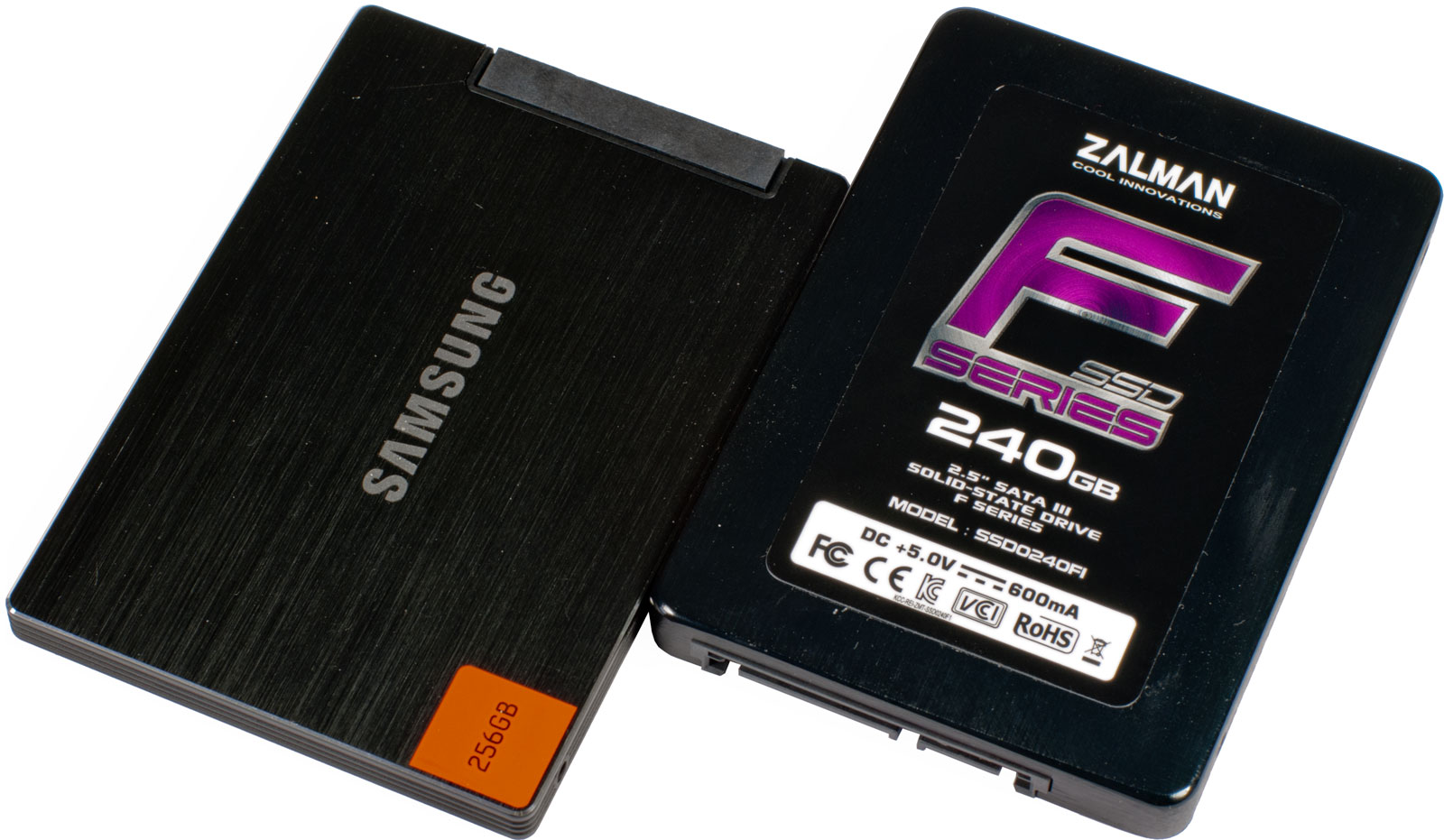Does Your SSD's File System Affect Performance?
SSDs serve up data quickly, and prices are low enough that some enthusiasts may want SSDs for data storage. Does the file system you use matter? We compare performance between FAT32, NTFS, and the newer exFAT file systems on two popular SSD architectures.
Stick To NTFS On Windows
It’s hard to maintain a consistent benchmark suite that is applicable across all platforms (Windows, Mac, Linux, and so on). We've begun to touch Windows and Mac in our drive reviews. However, for this piece, we stuck to Windows and used FAT32, NTFS and exFAT, representing a vast majority of desktop users. Moreover, exFAT is poised to become one of the few file systems (other than FAT32) that is supported on a variety of operating systems due to its inclusion in the specifications for SDXC cards and upcoming digital devices.
If you're using a Windows-based system, stick with NTFS. The default Windows file system consistently delivers the best performance on both SSD architectures we used for these tests: Samsung’s 830 series and the SandForce SF-2281 controller, represented by Zalman’s F1 drive. NTFS also has the advantage of being readable on various non-Windows operating systems, making it partially cross-OS-compatible.
While FAT32 has the advantage of wider platform compatibility, we don't recommend it for anything other than USB flash drives or the case of operating system environments that include Windows versions prior to Windows XP SP2 (and in that case, there are other, more serious issues to consider). Its lack of file access permissions, free space bitmap, file journaling, and basic performance make it pale in comparison to modern file systems such as NTFS and exFAT.
Between exFAT and NTFS, it's almost a draw. NTFS's robust file permissions control puts it ahead of exFAT for an internal storage device, but exFAT's tolerance of hot-plugging make it a definite choice for USB-connected storage. As we mentioned earlier, FAT32- and exFAT-formatted drives cannot be used for modern operating system disks. But for users who like to have fast access to data, or who prefer to install programs on a different drive than the OS, these arguments begin to make more sense. In general, though, we're going to side with the experts (and Windows) on this one: stick with NTFS if it's internal, and use exFAT only for external storage.
Get Tom's Hardware's best news and in-depth reviews, straight to your inbox.
Current page: Stick To NTFS On Windows
Prev Page Benchmark Results: PCMark 7
Patrick Schmid was the editor-in-chief for Tom's Hardware from 2005 to 2006. He wrote numerous articles on a wide range of hardware topics, including storage, CPUs, and system builds.
-
neon neophyte I remember the crossing from Fat32 to NTFS. It was significant even back then. Ever since I have craved a new file system offering to rekindle a fading memory of youth and joy. *sniff*Reply -
aicom hmp_gooseReply
NTFS was heavily based on HPFS (when MS and IBM were both working on OS/2). It even shares the same MBR partition type code.
-
billafu Enjoyed the article. Sadly, I am still unable to justify spending nearly a dollar per gigabyte for an SSD when HDDs are less than a dime per gig. Maybe when that price difference is a little bit closer.Reply -
billafuEnjoyed the article. Sadly, I am still unable to justify spending nearly a dollar per gigabyte for an SSD when HDDs are less than a dime per gig. Maybe when that price difference is a little bit closer.120gb for a 120$ and HUGE performance increase and you still complain? How about you get a job.Reply
